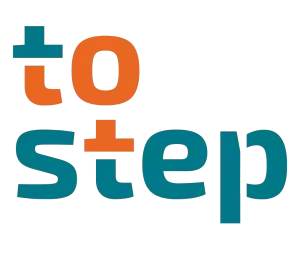I vividly remember traveling in South America, especially Guatemala, and I was asked: What do you do? (every day)
“I’m a strategy consultant” (if I was lazy repeating a long pitch, in Spanish, every day).
“But what is a consultant?”
(my mind processing)
“Well, they are helping companies to achieve a strategic task or project”
“Oh, so you are a project manager”
“Well, not really I have done a few projects and programs myself, mainly IT projects”.
“Oh, so you are a developer”
(getting frustrated)
“No, look, so we bring expertise, and help people implement project or strategic tasks. For technology projects we work with teams”
“Ok, but how does your day to day look like”
“Well, different depending on my assignment. Can be managing teams, creating strategic papers or presentations etc”.
It wasn’t easy to find a definition of what a strategy consultant does. What does our new friend ChatGPT say:
“A strategy consultant is a professional who helps organizations solve high-level business problems, make key decisions, and develop long-term strategies to improve performance, growth, and competitiveness.”
Some bad tongues say consultants are hired to mitigate risk in terms of failure. If the project or initiative fails, it is no one internal to “blame” for those mentioned decisions. The reputation overall, of consultants coming with slide decks and leaving, stays and isn’t good.
Now that ChatGPT and the like have made access to strategic papers, historical data and market research easier, the role of the consultant as pure “knowledge worker” is long gone.
When looking at new definition of a more “action-oriented” and “sleeve’s up” consultant the definition could be:
“A transformation consultant is a professional who partners with organizations to design, guide, and embed strategic changes—often involving digital tools and AI—to improve performance, culture, and capabilities across teams.
They act as a bridge between strategy and execution, ensuring that change initiatives are not only planned but adopted effectively by the people impacted.”
In essence, the field of consulting changes, to be more sleeve’s up, and hands on, acting as a partner for people in the field and in management to solve problems.
What remains is the ability to connect people (emotional intelligence), understand root causes of problem (analytical thinking), seeing the whole system and strategy (systemic thinking) as well as guiding people through change (empathy).So, beloved colleagues: Sleeves up, AI engines running, let us focus on the problems at hand.
Do you see the same? How is it impacting your field of consulting?
#leadership #consulting #strategy #newrole
